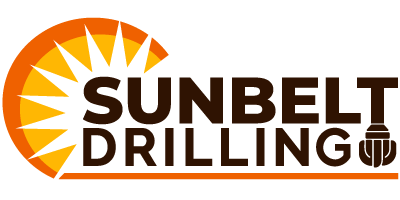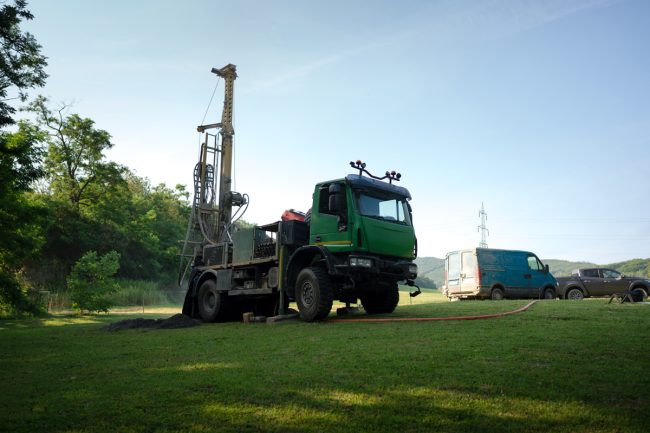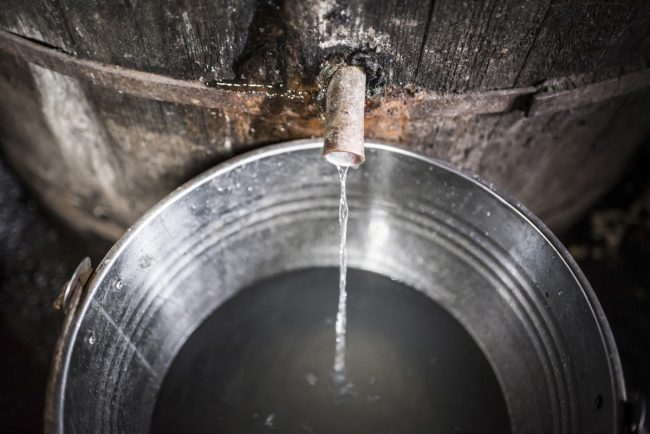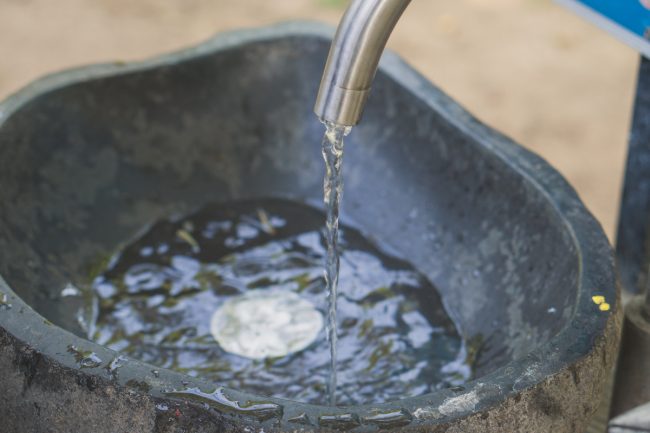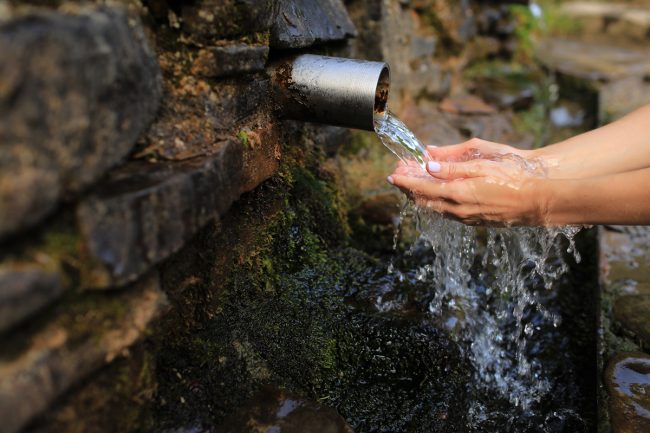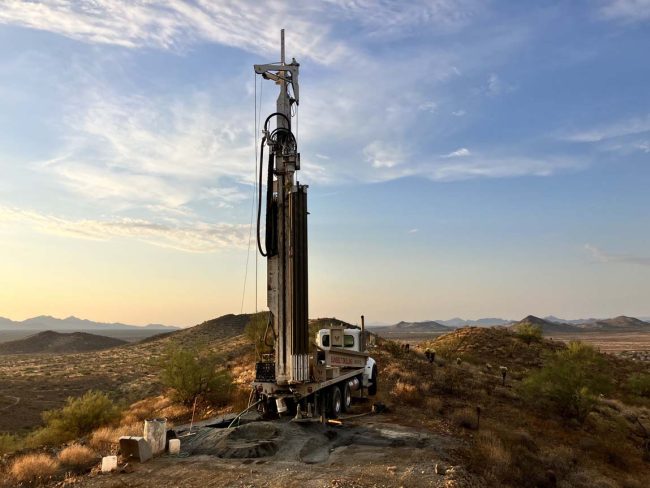Geothermal Drilling: Everything You Need To Know
Conclusion In most cases, your air conditioner is the largest consumer of energy in your home. Your monthly utility bill reflects the difference in electricity used during the summer months verses the winter months and vice versa in Arizona’s high country. New geothermal technology in Arizona allows your home to greatly reduce the amount of…
